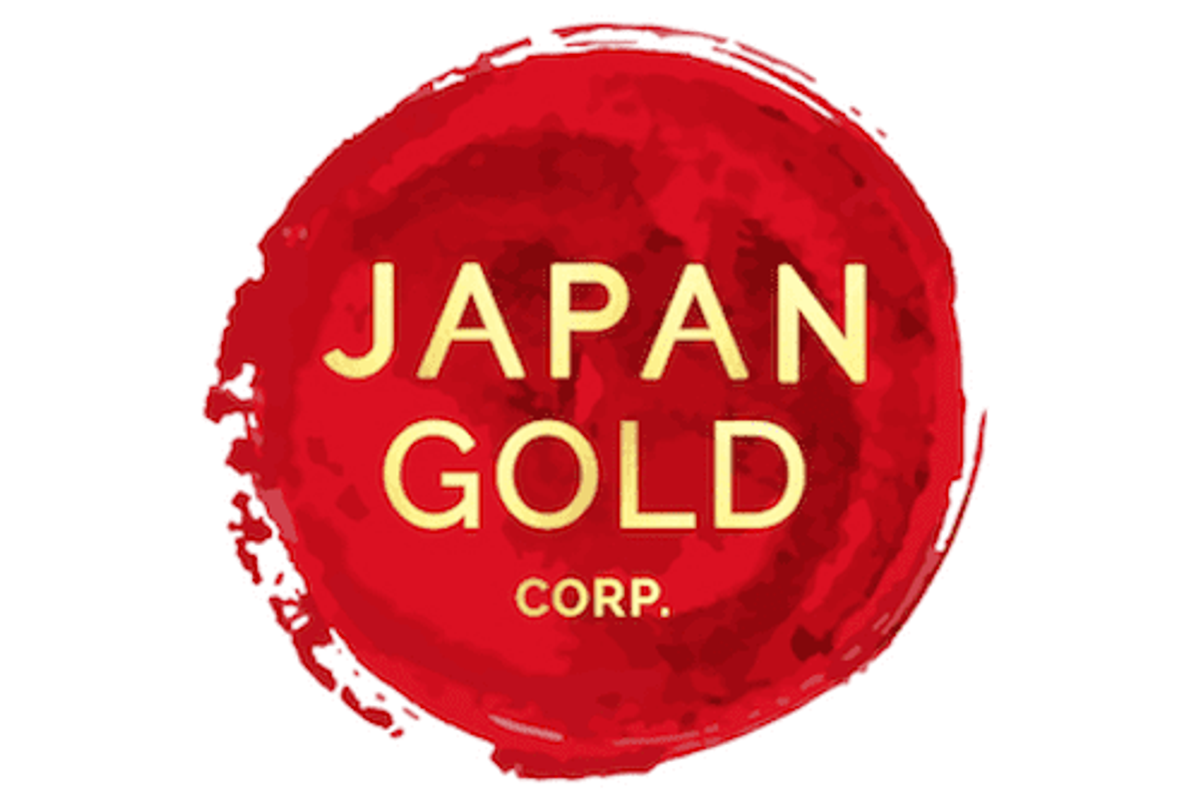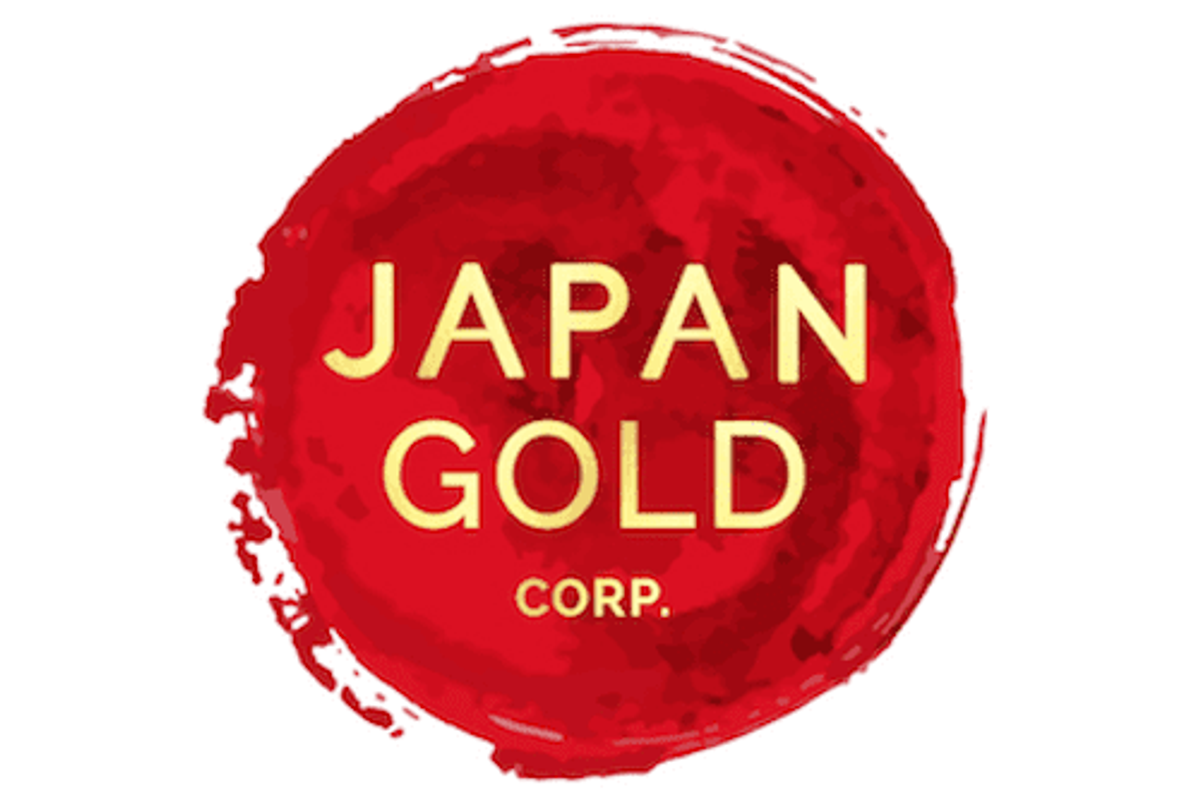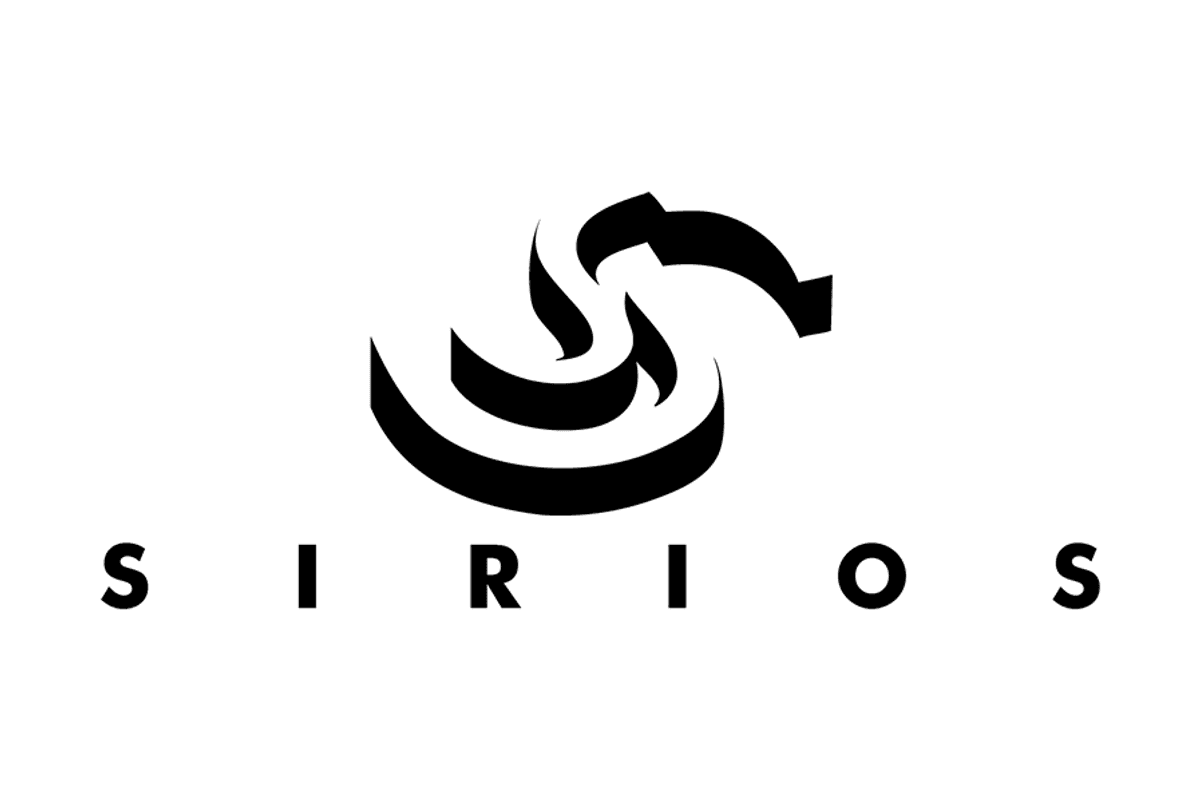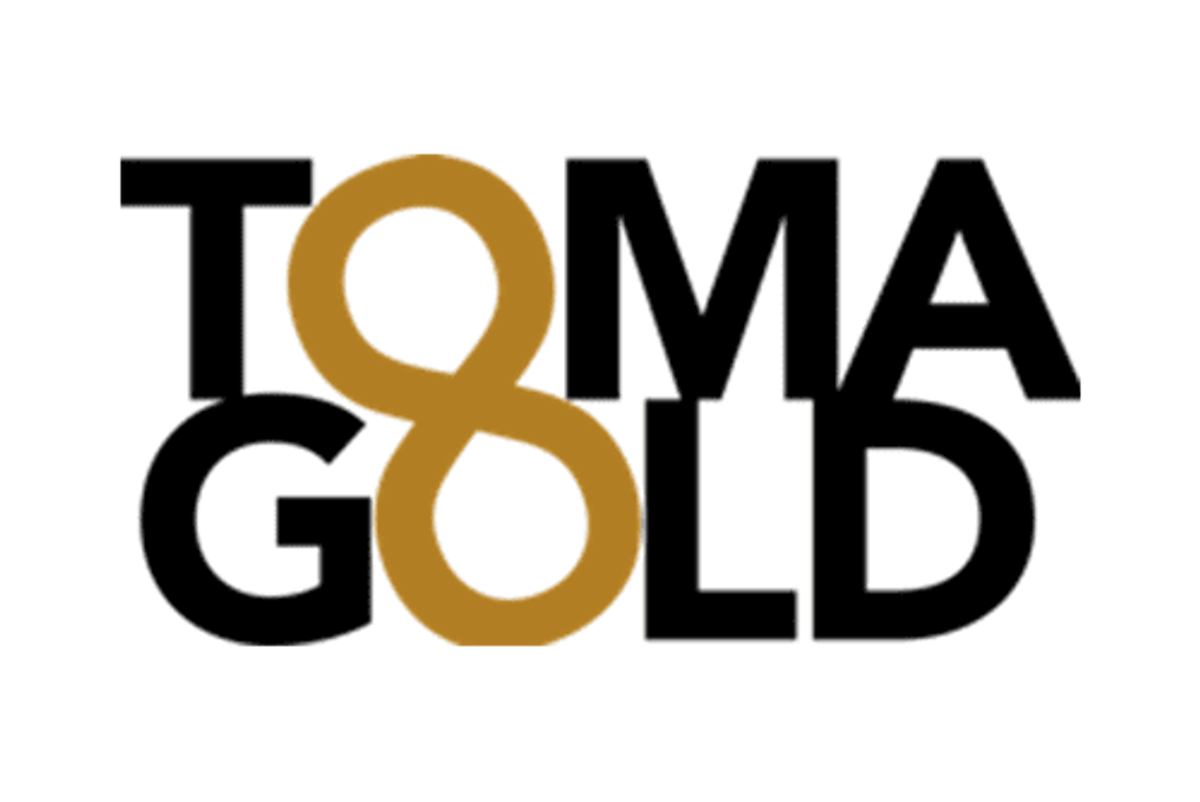
-Japan Gold Corp (TSXV:JG) (OTCQB:JGLDF) ("Japan Gold" or "the Company") is pleased to announce the acceptance of new prospecting rights applications covering extensions to the Sanru Project by the Japanese Ministry of Economy, Trade and Industry ("METI"). The new applications total 9,571.7 hectares and cover prospective areas north and south of the Sanru Mine, on the west side of the Sanru Project, (Figures 1 & 2).
Highlights:
- The Barrick Alliance has identified banded quartz vein floats and silicified volcanics shedding from drainages north and south of the Sanru Mine on the west side of the Sanru Project
- The 35 new applications provide a more complete coverage over gravity inferred deep-seated northeast trending graben-margin faults, which are key structures for focussing gold-bearing hydrothermal fluids
- The addition of the new applications increases the Sanru Project to a total of 41,394.1 hectares, covering a 25 kilometre long strike length of prospective graben-fill geology, from the Sanru Mine in the southwest to the boundary of Irving Resources (CSE:IRV) Omu project in the north (Figure 2)
- The Kitami Metallogenic Province of northeast Hokkaido is one of Japan's major epithermal gold provinces with more than 40 historic mines and prospects, including:
- Konomai Mine, Japan's third largest gold mine (historic production of 2.35Moz at an average grade of 6.4g/t Au)
- Sanru Mine (historic production of 225,000oz at an average grade of 7.4g/t Au)
- Japan Gold has 10 projects covering 95,706 hectares of prospective ground within the Kitami region, 9 of which are advancing through the Barrick Alliance (75,194ha) including the Sanru Project (Figure 1)
Sanru Project
The Sanru Project is Japan Gold's largest project and covers a 25 kilometre-long northeast oriented strike length of the prospective Omu-Kamikawa graben from the Sanru Mine in the southwest to the boundary of Irving Resources Omu project in the north (Figures 1 & 2). The Sanru Mine license, not held by Japan Gold, is located within the southwest corner of the expanded Sanru Project. The Sanru Mine occurs at a flexure in a major northeast trending fault2 that continues through the project towards the Omui Mine. Five veins were developed at the Sanru Mine containing six bonanza-grade ore shoots, reported dimensions of the shoots were up to 200 metres in length by up to 30 metres wide3. The Honpi or Champion vein was the largest developed in the mine and averaged 8 g/t gold and 40 g/t silver along a strike length of 1,300 metres, with an average width of 4.0 metres and a vertical extent of 300 metres4. The Juji-hi vein carried the highest grades, averaging 25 g/t gold and 200 g/t silver along a 350-metre strike by 150-metre vertical extent with an average width of 0.5 metres4.
The northeast continuation of the Sanru Mine structure and parallel structures are host to six additional workings and gold occurrences across the southern half of the Sanru Project, refer to Figure 2. Sinterous quartz float previously identified shedding from the Jugosen-zawa workings, indicates preservation of the epithermal vein system in this locality. Systematic regional drainage sampling carried out by the Metal Mining Agency of Japan (MMAJ) in 1997, identified five coincident gold and arsenic anomalous drainage basins across the southern half of the project.
The Barrick Alliance 2020 regional stream sampling programs identified, banded quartz-vein and silicified volcanic rock float shedding from separate drainages up to 6 kilometres to the north and 2 kilometres to the south of the Sanru Mine. Some of these streams are covered by younger volcanics that post-date, and potentially conceal mineralization. Contoured government-sourced gravity data from the area shows the coincident location and orientation of the major graben-bounding structures within the new applications. These typically deep-seated faults provide excellent pathways and re-charge locations for upwelling gold-bearing hydrothermal fluids, essential to the development of high-grade veins in adjacent structures.
The inferred graben-bounding faults and the areas shedding quartz vein and silicified floats are now well covered by the new applications and provide another compelling exploration target within the Barrick Alliance portfolio.
Kitami Metallogenic Province,
The Kitami Metallogenic Province of northeast Hokkaido is one of Japan's major epithermal gold provinces with more than 40 historic mines and prospects1. The region is host to Japan's third largest mine, Konomai, which produced 2.35 million ounces of gold at an average grade of 6.4 g/t prior to its closure in 1974; Sanru, the regions second largest mine, produced more than 225,000 ounces of gold at an average grade of 7.4 g/t between 1925 and 19742.
References
1 Watanabe, 1995. A Tectonic Model for Epithermal Au Mineralisation in NE Hokkaido, Japan. Resource Geology Special Issue, No. 18, pp 257-269, 1995
2 Watanabe, 1996. Genesis of Vein-hosting Fractures in the Kitami Region, Hokkaido, Japan. Resource Geology, v46(3), pp 151-166, 1996
3 METI, 1997-1998. Reports completed by MITI on the Sanru area (Years 9 and 10). The Agency of Natural Resources and Energy of MITI.
4 Gold Mines of Japan, 1989. The Mining & Materials Processing Institute of Japan.
Qualified Person
The technical information in this news release has been reviewed and approved by Japan Gold's Vice President of Exploration and Country Manager, Andrew Rowe, BAppSc, FAusIMM, FSEG, who is a Qualified Person as defined by National Instrument 43-101.
On behalf of the Board of Japan Gold Corp.
"John Proust"
Chairman & CEO
About Japan Gold Corp.
Japan Gold Corp. is a Canadian mineral exploration company focused solely on gold exploration across the three largest islands of Japan: Hokkaido, Honshu and Kyushu. The Company has a country-wide alliance with Barrick Gold Corporation to jointly explore, develop and mine certain gold mineral properties and mining projects. The Company holds a portfolio of 31 gold projects which cover areas with known gold occurrences, a history of mining and are prospective for high-grade epithermal gold mineralization. Japan Gold's leadership team represent decades of resource industry and business experience, and the Company has recruited geologists, drillers and technical advisors with experience exploring and operating in Japan. More information is available at www.japangold.com or by email at info@japangold.com
For further information, please contact:
John Proust
Chairman & CEO
Phone: 778-725-1491
Email: info@japangold.com
Cautionary Note
Neither the TSX Venture Exchange nor its Regulation Services Provider (as such term is defined in the policies of the TSX Venture Exchange) accepts responsibility for the adequacy or accuracy of this release. This news release contains forward-looking statements relating to expected or anticipated future events and anticipated results related to future partnerships and the Company's 2020 gold exploration program. These statements are forward-looking in nature and, as a result, are subject to certain risks and uncertainties that include, but are not limited to, general economic, market and business conditions; competition for qualified staff; the regulatory process and actions; technical issues; new legislation; potential delays or changes in plans; working in a new political jurisdiction; results of exploration; the timing and granting of prospecting rights; the Company's ability to execute and implement future plans, arrange or conclude a joint-venture or partnership; and the occurrence of unexpected events. Actual results achieved may differ from the information provided herein and, consequently, readers are advised not to place undue reliance on forward-looking information. The forward-looking information contained herein speaks only as of the date of this News Release. The Company disclaims any intention or obligation to update or revise forward‐looking information or to explain any material difference between such and subsequent actual events, except as required by applicable laws.

Figure 1: Kitami Region, northeast Hokkaido, Barrick Alliance and Japan Gold Projects and significant mines.
To view an enhanced version of Figure 1, please visit:
https://orders.newsfilecorp.com/files/5665/74024_d94c03e9f48c8ba5_001full.jpg

Figure 2: Sanru Project and historic gold workings.
To view an enhanced version of Figure 2, please visit:
https://orders.newsfilecorp.com/files/5665/74024_d94c03e9f48c8ba5_002full.jpg

To view the source version of this press release, please visit https://www.newsfilecorp.com/release/74024






